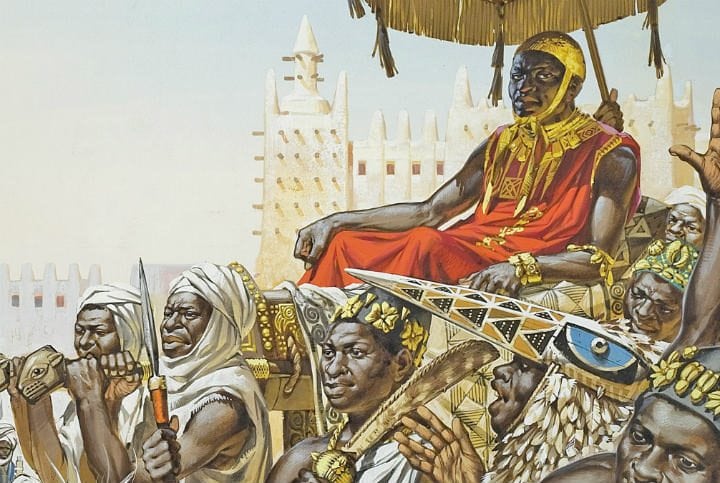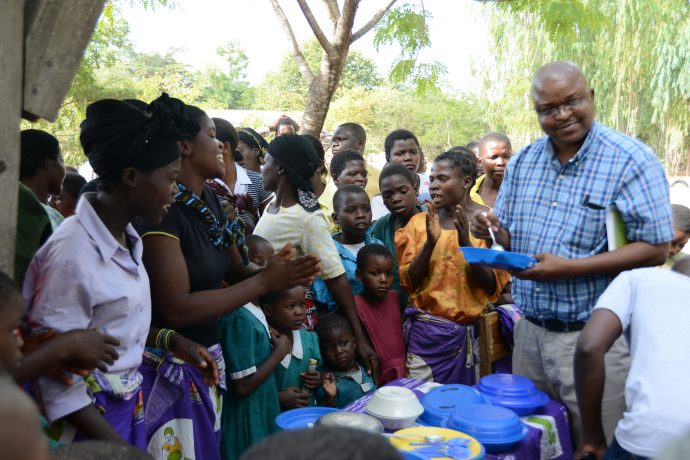Algeria is a competitive and stable natural gas supplier for the EU. This is because Algeria depends on the European market to protect its demand.
On the other hand, Europe depends on Algeria to secure its gas supply.
The European Union aspires to improve and attract more investors to the gas industry’s legal and regulatory landscape. An excellent point to note is that diversification is crucial in ensuring the gas supply’s security in the European Union.
And that is why Kadri Simson, the EU’s current Commissioner for Energy, is the most recent of several high-ranking European officials to visit Algeria. His visit to Algeria this year in October was to advance continuing energy cooperation between the North African nation and the EU.
This trip is part of the EU’s push to modify its energy sources away from Russian oil because it was alleged that Russia had cut off gas shipments to Europe in retribution for Western sanctions following Moscow’s invasion of Ukraine.
Because of this, Algeria has assisted Europe in diversifying its energy sources by sending additional gas to Italy. In July this year, Algeria agreed to import billions more cubic meters via an undersea pipeline from the North African coast.
Meanwhile, winter is drawing nearer, and Europe’s need for gas will grow more urgent. As a result, many have theorized that the move will raise critical questions on whether Algeria’s capacity to increase supply will persist for a long time.
What is important to note is that during this year’s EU-Algeria Business Forum, representatives from European energy companies and local Algerian partners were present. They joined ministers from the EU and Algeria to deepen multilateral partnerships.
On that note, the event was co-chaired by the Minister of Energy and Mines, Mohamed Arab, and the European Commissioner for Energy, Kadri Simson.
The review of recent advances and the potential for future cooperation in the energy sector were among the topics covered. These were significant themes for discussion at the meeting because they had occurred since the strategic partnership was established due to the last session, which took place on November 20, 2018, in Algiers.
The meeting also discussed other topics of interest, including expanding the possibility of the gas industry’s growth, developing hydrogen and electricity, and collaborating on renewable energy and energy efficiency in Algeria.
In light of the current energy scenario, the ministry further emphasized its goal to encourage industrial investments and collaborations between European and Algerian businesses in the energy sector.
A similar gathering took place in the North African nation in October 2018.
During this time, Algeria welcomed Miguel Arias Caete, then the European Commission’s Commissioner for Climate and Energy, for a high-level meeting. His visit to Algeria was designed to reinvigorate the EU-Algerian energy partnership. During this trip, he also made it a point to meet with Mr Mustapha Guitouni, then Algeria’s Minister of Energy. This high-level meeting on energy discussed natural gas, Renewable Energy, and energy efficiency.
With almost 13.5% of the EU’s yearly gas imports coming from Algeria, the country is the third-largest gas supplier after Russia and Norway (Tich et al., 2020, p. 203).
Although Algerian gas is less appealing in terms of price, quantity, and reach than Russian gas, it offers an effective alternative. It plays a crucial strategic role in the European energy market. In fact, despite numerous disagreements and failures in the nation of the Maghreb’s relationship with the EU, its energy supply continues to be consistent and uninterrupted, making it more secure than Russian gas.
However, the Algerian energy sector faces several difficulties that have significant repercussions for the EU. On the one hand, there is an excess of cheaper Russian, Australian, and American gas on the global market.
Meanwhile, Algeria’s conventional gas exports to the EU have been steadily declining since 2004. On the other hand, domestic issues prevent Algeria from having a more competitive energy supply. The leading causes of Algeria’s stagnating gas supply are unfavourable foreign investment frameworks (within a state-led hydrocarbons sector), obsolete and inefficient infrastructure, and an increase in domestic gas consumption (resulting in a decrease in possible exports).
Despite these difficulties, the EU is under pressure to reevaluate and modify its energy relations with Algeria since the bloc’s dependency on Russian supplies and the energy security of some Member States (such as Portugal, Spain, Italy, and France) are at considerable risk.


